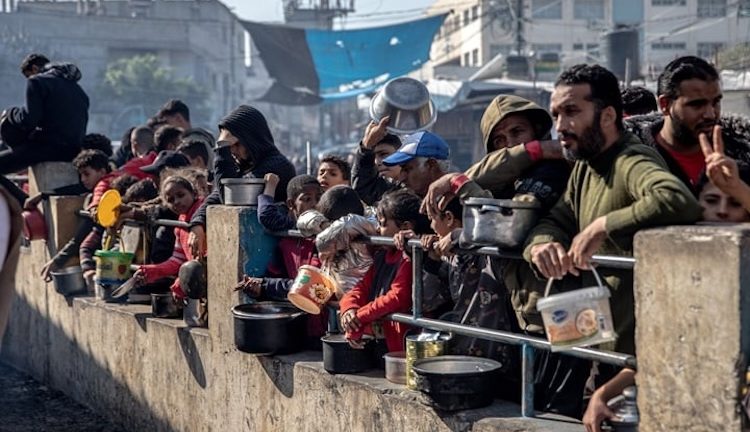By Jaya Ramachandran
GENEVA | 15 June (IDN) — UN’s global health agency WHO has expressed concern about the escalating health crisis in the occupied Palestinian territory, including the West Bank, where attacks on health infrastructure and increased restrictions on movement are obstructing access to health care.
“A spike in violence in the West Bank, including East Jerusalem, since the war in Gaza started has resulted in the deaths of 521 Palestinians, including 126 children, between 7 October 2023 and 10 June 2024,” WHO warned in a statement on 14 June. In addition, more than 5200 people, 800 of them children, have been injured, adding to the growing burden of trauma and emergency care at already strained health facilities.
The long-standing fiscal crisis faced by the Palestinian Authority (PA) is further impacting the health system and has been worsened by Israel’s increased withholding of tax revenues meant for the occupied Palestinian territory since 7 October, and the overall deterioration of the economic situation in occupied Palestinian territory, WHO said-
World Health Organization has documented as of May 28, 480 attacks on health care in the West Bank since 7 October 2023, resulting in 16 deaths and 95 injuries. The attacks affected 54 health facilities, 20 mobile clinics and 319 ambulances. Fifty-nine percent of the attacks occurred in the cities of Tulkarem, Jenin and Nablus. They include attacks on health infrastructure and ambulances, detention of health workers and patients, obstruction of their access to health facilities, use of force on health workers and militarized searches of ambulances and staff.
The closure of checkpoints, arbitrary obstructions, and detentions of health workers, rising insecurity, as well as the siege and closure of entire towns and communities has made movement within the West Bank increasingly restricted, impeding access to health facilities. Extensive infrastructure and housing damage, particularly in the northern West Bank, have compounded the situation by obstructing access for ambulances and first-aid responders, added the statement.
The impact of financial situation
The impact of the financial situation on health service delivery is significant—with health workers receiving only half of their salary for nearly a year and 45% of essential medications being out of stock. In most areas of the West Bank, primary care clinics and outpatient speciality clinics are now operating two days per week, and hospitals are operating at approximately 70% capacity.
Between October 2023 and May 2024, 44% of 28 292 applications for patients to seek medical care outside the West Bank, in East Jerusalem or Israeli health facilities, have been denied or remain pending with access being mainly granted to cancer, dialysis and other lifesaving cases. In the same period, 48% of the 26 562 companion permit applications have been denied or remain pending.
A comparison between October 2022–May 2023 and October 2023–May 2024 shows a 56% decrease in the West Bank patient permit applications and 22% decrease in approvals, and a 63% decrease in companion permit applications and a 24% decrease in approvals. Prior to October 2023, over 300 patients required permits daily to cross from the West Bank to east Jerusalem and Israeli health facilities.
WHO is supporting the Ministry of Health with procurement of essential medications as well as with technical assistance to address some of the policies and procedures that contribute to the fiscal crisis in health. Additionally, WHO has pre-positioned supplies at key hospitals across the West Bank, including in East Jerusalem, and conducted community trauma management training for first aid responders in the affected communities to boost emergency preparedness, but worsening insecurity and accessibility for emergency health workers and field volunteers to reach the injured, combined with the ongoing strict curfews, pose significant risks to the health system and make it very difficult for responders to reach those in need of urgent care.
WHO calls for the immediate and active protection of civilians and health care in the West Bank. International humanitarian law must be respected, which means the sanctity of health care must be observed at all times. [IDN-InDepthNews]
Photo: Displaced Palestinians waiting for food distribution in Gaza. Source: WHO


